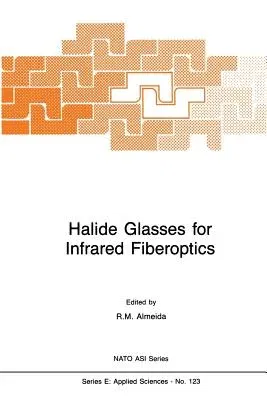Halide Glasses for Infrared Fiberoptics (Softcover Reprint of the Original 1st 1987)Paperback - Softcover Reprint of the Original 1st 1987, 13 November 2013

Qty
1
Turbo
Ships in 2 - 3 days
In Stock
Free Delivery
Cash on Delivery
15 Days
Free Returns
Secure Checkout
Part of Series
NATO Science Series E:
Part of Series
NATO Science Series E: (Closed)
Print Length
412 pages
Language
English
Publisher
Springer
Date Published
13 Nov 2013
ISBN-10
9401080933
ISBN-13
9789401080934
Description
Product Details
Book Edition:
Softcover Reprint of the Original 1st 1987
Book Format:
Paperback
Country of Origin:
NL
Date Published:
13 November 2013
Dimensions:
23.39 x
15.6 x
2.21 cm
ISBN-10:
9401080933
ISBN-13:
9789401080934
Language:
English
Location:
Dordrecht
Pages:
412
Publisher:
Weight:
594.21 gm

